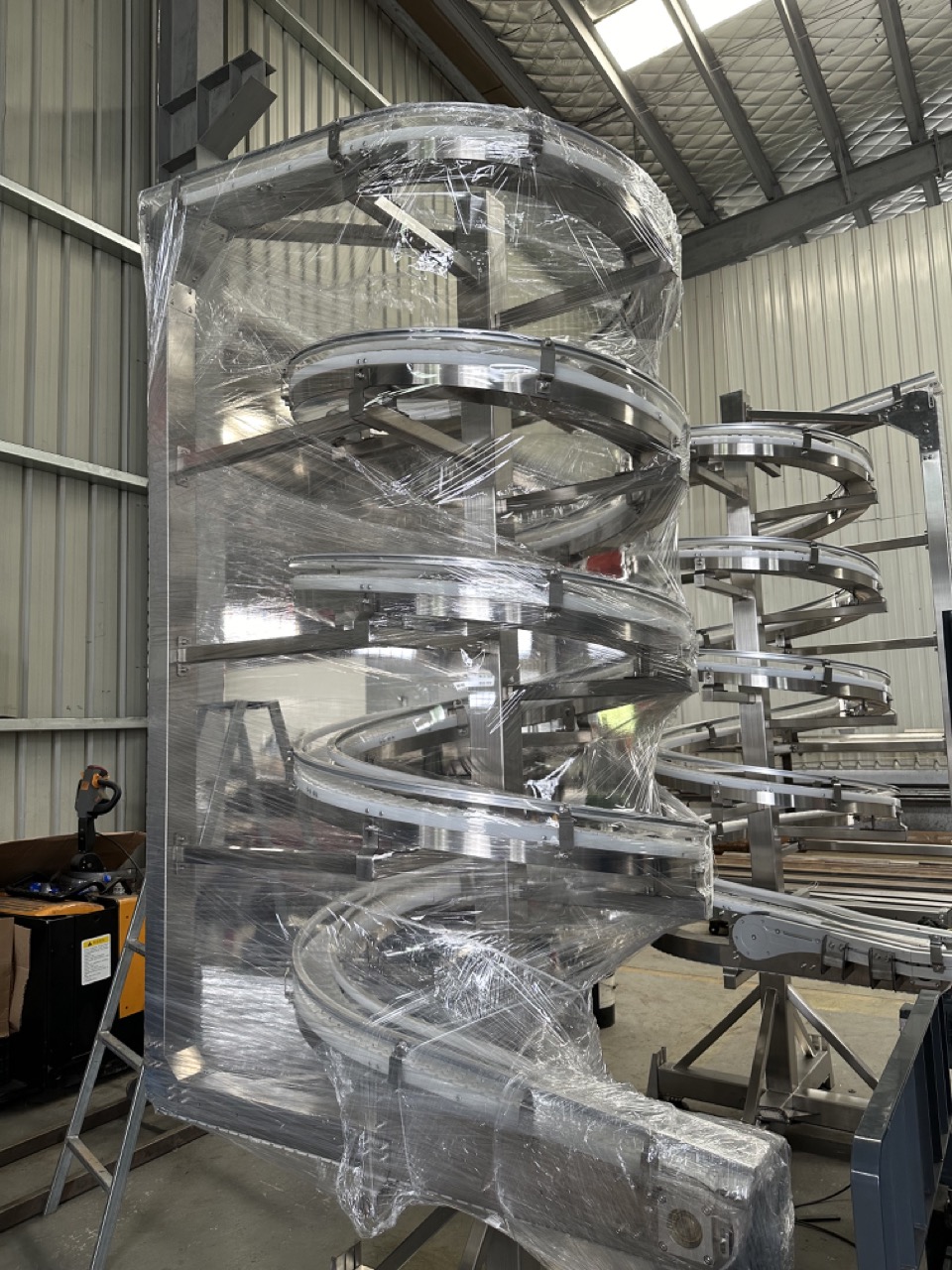In today's fast-paced industrial landscape, agility and efficiency are paramount for maintaining a competitive edge. Enter the flexible chain conveyor, a dynamic solution that has revolutionized material handling operations across various sectors. From its inception to its current state of technological sophistication, the flexible chain conveyor continues to redefine the standards of productivity and adaptability in modern industry.
The Evolution of Flexible Chain Conveyors
Flexible chain conveyors have come a long way since their inception. Originally developed as an alternative to traditional belt conveyors, these innovative systems have undergone continuous refinement and enhancement to meet the evolving needs of industrial applications. Early iterations focused on basic material transport, but advancements in design, materials, and automation have propelled flexible chain conveyors into the realm of versatile, high-performance solutions.
Design Features and Functionalities
At the heart of the flexible chain conveyor's success lies its unique design features and functionalities:
- Modular Construction: The modular nature of flexible chain conveyors allows for easy customization and scalability. By interlocking individual plastic chain modules, conveyor lengths can be adjusted, curves can be incorporated, and layouts can be optimized to suit specific operational requirements.
- Dynamic Flexibility: Unlike rigid conveyors that are limited by fixed configurations, flexible chain conveyors excel in dynamic environments. They can adapt to changes in production volumes, product types, and facility layouts with ease, ensuring uninterrupted material flow and minimizing downtime.
- Precision Control: Advanced control systems enable precise speed and direction adjustments, allowing for accurate positioning and sorting of materials. Whether handling delicate components or heavy loads, flexible chain conveyors provide consistent and reliable performance.
- Integration Capabilities: Flexible chain conveyors seamlessly integrate with other automated systems, such as robotics, sorting mechanisms, and packaging equipment. This interoperability enhances overall workflow efficiency and streamlines material handling processes.
Applications in Diverse Industries
The versatility of flexible chain conveyors makes them indispensable across a wide range of industries:
- Automotive: In automotive manufacturing facilities, flexible chain conveyors facilitate the smooth transportation of components between assembly stations, optimizing production efficiency and ensuring timely delivery of vehicles.
- E-commerce and Retail: In e-commerce fulfillment centers and retail distribution warehouses, flexible chain conveyors play a crucial role in sorting, merging, and routing packages for shipping, enabling fast and accurate order fulfillment.
- Packaging: In packaging facilities, flexible chain conveyors are utilized for transporting packaging materials, finished goods, and palletized loads, maximizing throughput and minimizing manual handling.
- Logistics and Supply Chain: Throughout the logistics and supply chain industry, flexible chain conveyors are deployed in sorting centers, cross-docking facilities, and distribution hubs to streamline material flow and optimize inventory management.
Future Trends and Innovations
Looking ahead, the future of flexible chain conveyors is marked by ongoing innovation and integration with emerging technologies. Advancements in sensor technology, artificial intelligence, and predictive analytics are poised to further enhance the capabilities of flexible chain conveyors, enabling predictive maintenance, real-time optimization, and autonomous operation.
Conclusion
In an era of rapid technological advancement and increasing demand for efficiency, flexible chain conveyors stand as a testament to innovation and ingenuity in material handling. From their humble beginnings to their current status as indispensable components of modern industrial operations, flexible chain conveyors continue to evolve and adapt to meet the ever-changing needs of industry. As we look to the future, their role in driving efficiency, agility, and productivity will only continue to expand, shaping the landscape of industrial automation for generations to come.



